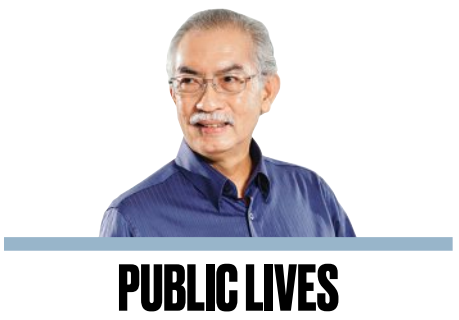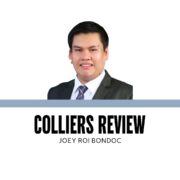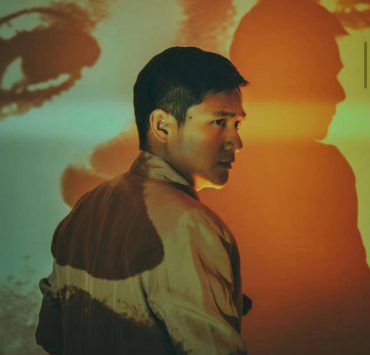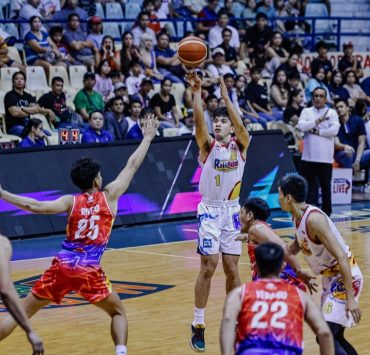Politicians and pastors

Even in our largely pre-modern society, politicians and pastors normally observe a respectful line between their respective domains. To the extent possible, they take care not to cross this sensitive line. But, in the rare times they feel compelled to do otherwise, they do so with studied courtesy, making sure not to offend sensibilities.A case in point was the Senate blue ribbon committee investigation of the so-called “Pajero bishops,” which took place in July 2011. A year had passed since the patronage-driven and hugely unpopular presidency of Gloria Macapagal Arroyo ended. A couple of senators sought an inquiry into the scandalous use of state resources, especially during Arroyo’s last year in office. The focus of the inquiry was the alleged distribution of Pajero SUVs to favored Catholic bishops, using funds from the Philippine Charity Sweepstakes Office (PCSO). Seven bishops implicated in the controversy were invited to appear before the Senate blue ribbon committee. All but one bishop, who was out of the country at that time, came without hesitation.
The committee chair, Sen. Teofisto “TG” Guingona III, told the press that the object of the inquiry was to determine who illegally benefited from the PCSO funds and therefore should be held responsible. “No one is above the law,” he emphatically added. As things turned out, there was no need for the reminder. The strongest pressure to publicly sort out the issues came from the congregation of bishops themselves.
In a letter addressed to the Catholic Bishops’ Conference of the Philippines (CBCP), then Archbishop Emeritus Oscar Cruz proposed that the matter of the “Pajero bishops” be included in the agenda of the CBCP’s plenary assembly to be held that same month. The outspoken prelate asked: “What will the CBCP do about it? Will it play blind, deaf, and dumb to the scandal? Or will it give the issue formal attention and action?”
Though the unfortunate label “Pajero bishops” has remained in the lexicon of congressional investigations, the Senate hearing became both an opportunity for the bishops to acknowledge the authority of the Senate and to publicly air their side of the controversy. Then Cotabato Archbishop Orlando Quevedo, who was the CBCP president when Arroyo sought to enlist church support as she faced threats of impeachment, led the group of bishops at the Senate hearing. The hearing was broadcast live on ANC. Quevedo began his testimony by reading the CBCP pastoral letter on the matter at hand. In the letter, the bishops reiterated their firm belief that they had not violated any law and that it was their understanding that the vehicles were donated in support of the Church’s social action programs. But having said that, the bishops then proceeded to acknowledge the “apparent inconsistency of our actions with our pastoral preaching.” Expressing their profound apologies for this lapse in judgment, they announced that prudence dictated that they return the said vehicles to the PCSO, regardless of whether the donation was legal or illegal.
The forthright humility and courtesy shown by the bishops of the country’s dominant church at the Senate hearing must have surprised the assembled legislators. Three senators—Jinggoy Estrada, Tito Sotto, and Panfilo Lacson (who actively led the inquiry into the Arroyo administration’s corrupt practices) at once asked the bishops to reconsider their decision to return the vehicles, since these appeared to have been used for good purposes.
In contrast, pastor Apollo Quiboloy confronts us with what appears to be an open defiance of the oversight and investigative powers of Congress. At the House of Representatives, where the self-appointed head of the Kingdom of Jesus Christ faces an arrest order for contempt, Quiboloy stands accused of repeatedly ignoring the summons to appear before the committee on legislative franchises to account for alleged violations of the religious group’s broadcast franchise. Quiboloy’s network had earlier been suspended by the National Telecommunications Commission. Quiboloy faces a separate detention order at the Senate. There, he is accused of refusing to attend the hearing called by Sen. Risa Hontiveros, head of the committee on women, children, and family relations. The committee has been hearing allegations of sexual abuses committed by Quiboloy on members of his group. Some senators led by Sen. Robinhood Padilla have, however, opposed the issuance of any order to compel the politically influential pastor to submit to the Senate committee. It is difficult to see how the Senate can exempt the embattled Quiboloy from its own rules without undermining itself as an institution. In refusing to bow to the authority of those who wield legislative power, Quiboloy’s lawyers know that their client has no other recourse but to go to the courts to challenge the legality of congressional actions. What an irony that is going to be for Quiboloy, who serves as the religious adviser and close associate of a former president who made ignoring the law and weaponizing the courts the hallmark of his governance style.


















